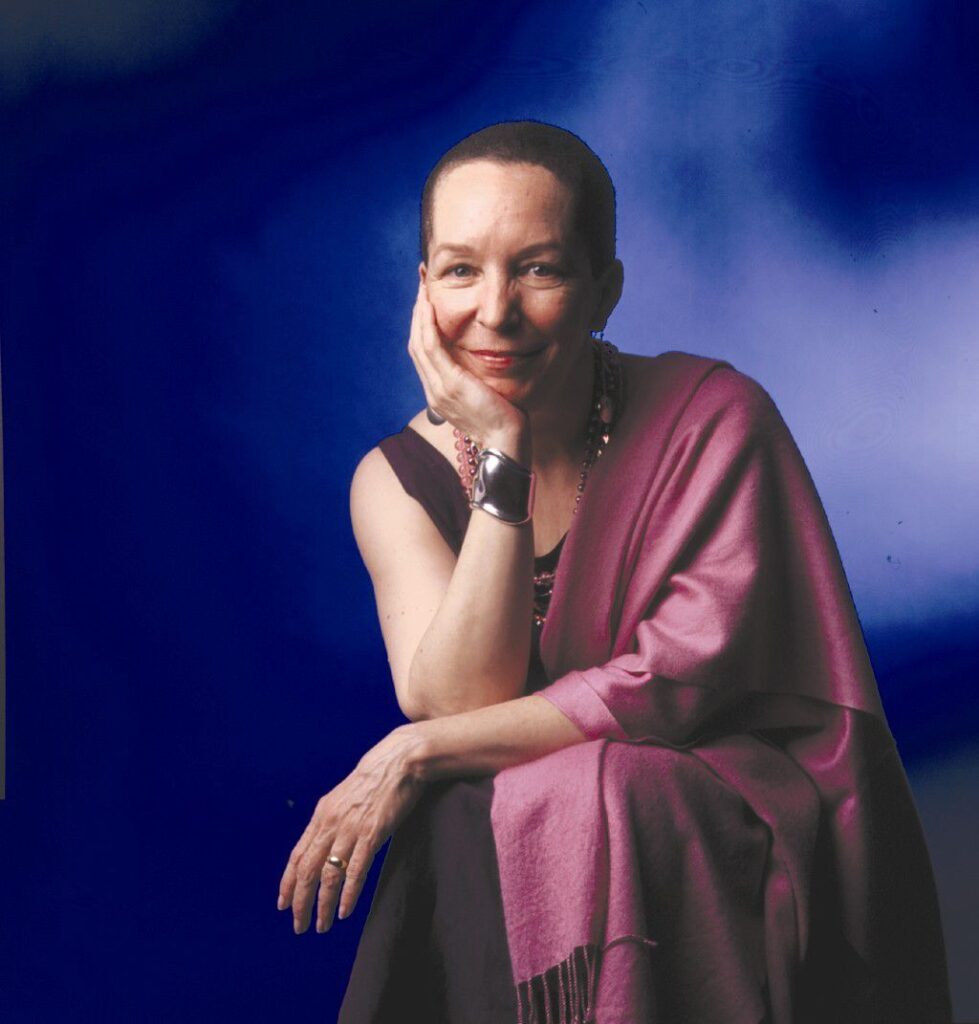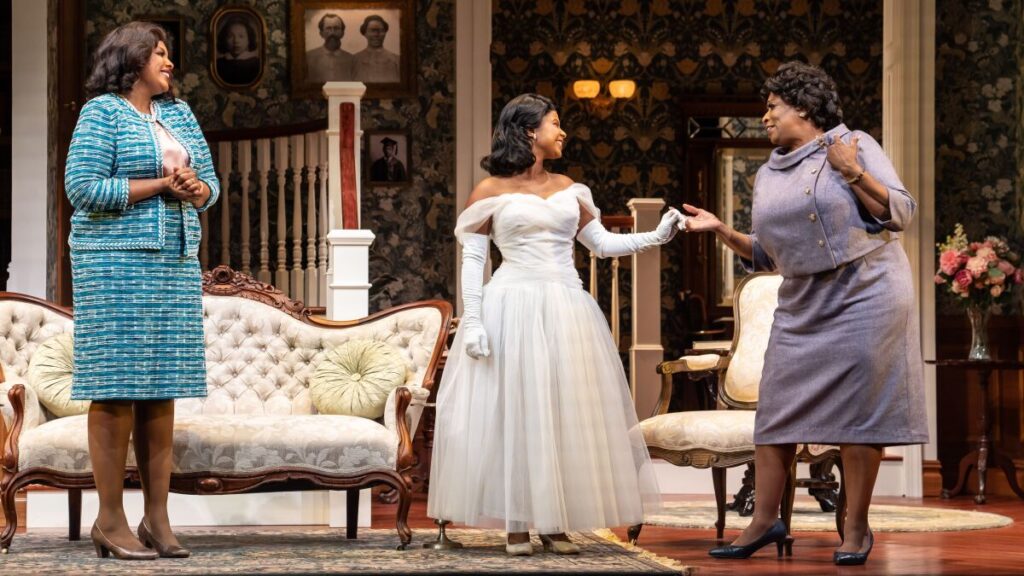
Once, before the great pandemic, there was a theater company that devoted its entire season to the work of one playwright. After more than more than 25 years of singular effort, Eclipse Theatre closed its doors permanently last October. The theater’s absence leaves a hunger that no longer gets satisfied. Along with legends like Eugene O’Neill, Arthur Miller and Neil Simon, the theater would also perform older works including those of French surrealist Jean Cocteau. In another season, they’d present the outrageous comedy of Christopher Durang, the contemporary playwright who created Baby with the Bathwater and other absurdist comedy. Exposure to an expansive display of a particular writer’s body of work provided a unique insight into one individual’s creative legacy.
With the closing of the Goodman Theatre’s production of Pearl Cleage’s The Nacirema Society on the 22nd, a similar retrospective covering one of the country’s foremost playwrights comes to an end. Based in Atlanta, Cleage’s long career has produced novels, poems, essays and over 30 plays that have garnered both wonder and praise. In recognition of the stature and resonance of her work, the writer currently sits as distinguished artist in residence at Atlanta’s Alliance Theatre and has also been named the city’s Poet Laureate.
With lectures, readings and workshops covering her work held at cultural venues and institutes around Chicago over the past several weeks, two performances anchored the festival and gave it resonance. Grounded in the traditions of classic American drama and performed by Remy Bumppo Theater, Blues for an Alabama Sky left audiences transfixed with its heart rending tragedy. Downtown at the Goodman, Cleage’s The Nacirema Society showed how effectively she can make important social statements through uproarious farce. While calling attention to the playwright’s range, both plays also underscore one of Cleage’s overriding gifts. Her ability to create timeless and memorable characters. Festival curator Malkia Stampley zeroed in on that skill when she stated, “as an actor, I was enamored by the depth of Pearl Cleage’s characters. (She’s) one of the few playwrights to offer a cornucopia of roles for Black women of all ages and plays spanning decades, from drama to slapstick comedy.“

Cleage often talks about her desire to present stories that help inform audiences about times and people they may have preconceptions about; but may not fully understand. Her talents allow her to compose scenes and create dialog that reveal unexpected realities about our lives that ring with authenticity. Who could have anticipated a Grace Dubose Dunbar, a wealthy Black widow in 1960’s Montgomery. As played by Chicago’s doyenne of the stage, E. Faye Butler, she’s as majestic as Cleopatra and as cunning as Machiavelli. The world of privilege she inhabits, replete with chauffeurs and debutantes, is not one history books chronicle. Nor is it one that most people, black or white, know firsthand. That lack of knowledge allows her world to exist undetected generation after generation.
There’s a broadening of history that happens when Cleage’s work is staged. More importantly, audiences gain a greater understanding of the human spirit and themselves when it’s performed. Experiencing plays by single playwright performed in tandem can provide a glimpse into her overriding intent and purpose. For Cleage they center on honesty and virtue. Her plays are the ideal vehicles for profiling both.